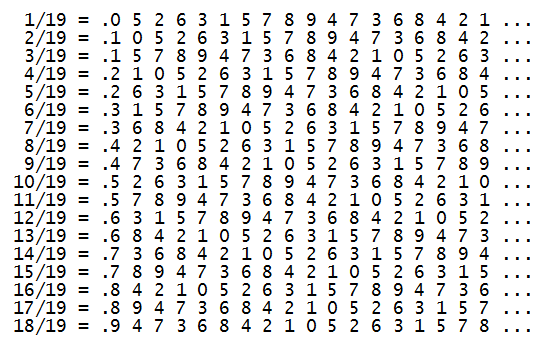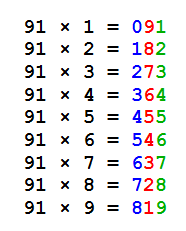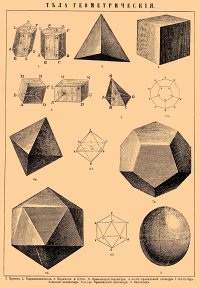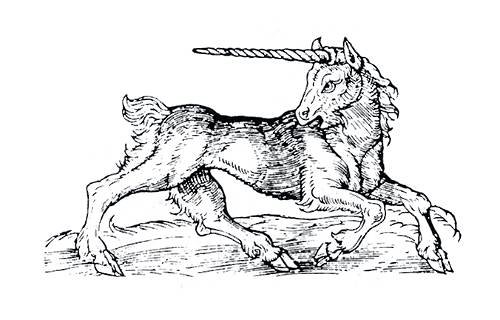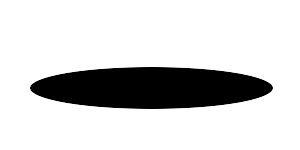
Do holes exist? That is, if a hole is merely a void or vacancy in a surrounding substance, then properly speaking is the hole a thing in itself? Philosopher Roberto Casati writes, “Ask any person to tell you what holes are — ‘real,’ everyday holes, not the abstract holes of geometry – and he will likely elaborate upon absences, nonentities, nothingnesses, things that are not there. Are there such things?”
A hole story from John Timbs’ 1873 A Century of Anecdote:
A gentleman, one Sunday morning, was attracted to watch a young country girl on the high road from the village to the church, by observing that she looked hither and thither, this way and that upon the road, as if she had lost her thimble. The bells were settling for prayers, and there was no one visible on the road except the girl and the gentleman, who recognised in her the errand-maid of a neighbouring farmer. ‘What are you looking for, my girl?’ asked the gentleman, as the damsel continued to pore along the dusty road. She answered, gravely: ‘Sir, I’m looking to see if my master be gone to church.’ Now, her master had a wooden leg.
In number theory, a Holey prime is a prime number made up exclusively of the digits 4, 6, 8, 9, and 0 — digits whose Arabic numerals contain “holes.” Ironically, these get pretty substantial: The largest known specimen is a 4 followed by 16,131 9s.


